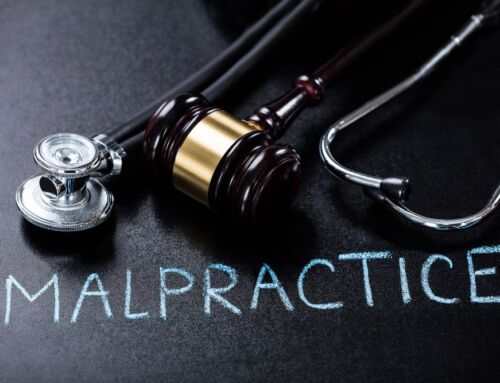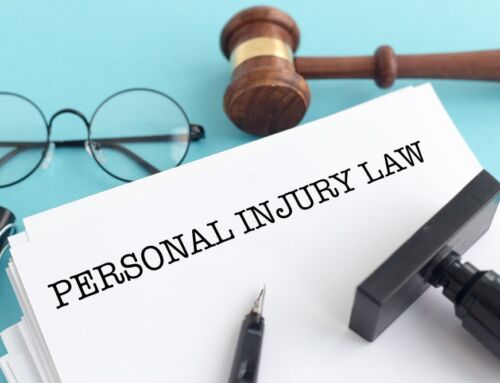A criminal conviction can negatively affect your life in a myriad of ways, which is one of the reasons why it is best to avoid a conviction if you can. Working with an experienced attorney can help you to either avoid a conviction or to minimize the consequences associated with conviction.
Some criminal convictions will potentially impact your life more than others. Obviously, convictions for serious and violent felonies can land you in prison for a long period of time. Sex crime convictions can lead to a life-long public registration as a sex offender. And, as an experienced domestic violence lawyer – including those who practice at The Law Office of Daniel Wright – can confirm, conviction of domestic abuse charges can affect your ability to maintain custody of your minor children. With that said, conviction of all but the most minor criminal charges can result in many life-altering consequences, which is why investing in solid criminal defense counsel is a must if you’ve been charged with criminal wrongdoing.
In addition to fines, imprisonment, mandatory counseling, public service requirements, probation, and a host of other criminal penalties imposed by the court, a conviction could affect you in the following broad ways:
Employment
Employers have the right to conduct background checks on every applicant they are interested in hiring. If they complete a background check on you and see that you have a felony or misdemeanor conviction, they may decide to take you out of their candidate pool. Be aware that only a handful of companies nationwide offer jobs to convicted felons.
Education
Some higher education institutions are reluctant to offer admissions to people with criminal convictions. Though individuals with criminal records are legally allowed to attend college, schools have the right to decide if they want to admit someone with a criminal history.
Family
Know that a felony or misdemeanor conviction can completely alter your home life. If you have made child custody arrangements, they can change once you are convicted of a crime. Some people have lost the right to see their children after family courts were notified of their conviction. Others were still given the chance to see their children, but their child custody rights were severely diminished. It is worth mentioning that if you want to become a foster parent or adopt a child, you will likely have a very difficult time doing so if you were convicted of a crime that involved domestic violence or sexual assault. Child welfare organizations want to put children in homes where they will feel safe, so they are hesitant to place them under the care of people who have committed violent acts.





